The stock market-real economy ‘disconnect’
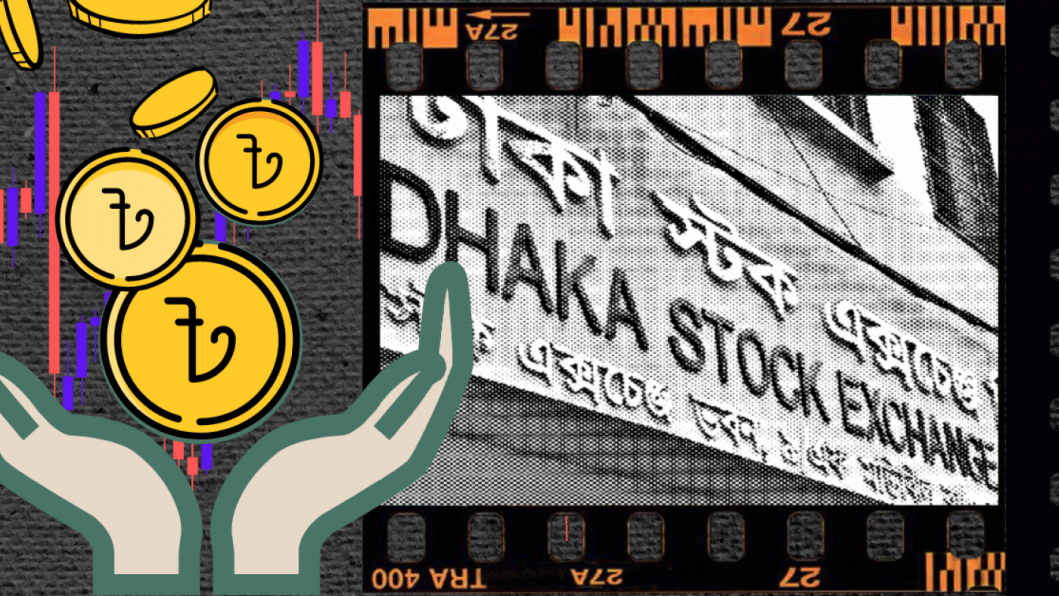
The stock market went through yet another sluggish year in 2022, with the broad market index declining by around 10.4 percent. It would be easy to blame global economic uncertainties, but recent reports in this daily suggest that, while markets in neighbouring countries have somewhat rebounded, Bangladesh remained an outlier. For example, India's BSE Sensex or Nifty 500 has risen during the same time. This trend raises important questions.
Why has Bangladesh's stock market remained depressed for so long, despite its economy having a GDP of more than USD 400 billion, which has grown consistently at a real rate of six percent or more? Why does the domestic stock market often appear to be disconnected from both domestic as well as global economic conditions? Unfortunately, the answer is weak regulations. Weak regulations have prevented high-quality companies from becoming listed, stunted the growth of institutional investors, and bred a toxic culture of market manipulation.
Nearly 70 years since its inception, the day we see a Dhaka Stock Exchange where investors – local and foreign, retail and institutional – are gathering in masses remains elusive. Our recent history is tainted by two calamitous market crashes: one in 1996, and the other in 2010. Both crashes were characterised by excessive stock price manipulation and the luring in of naive investors who were hoping to make "easy" money. The idea of long-term investment, backed by careful assessment of a company's fundamental potential, has never really taken off in Bangladesh. Speculation and "share trading" is still the norm. Nearly every year, we hear regulators claiming to have taken steps that will reduce the toxic culture of price manipulation. And every year, we turn away disappointed.
One of the key takeaways from the 2010 crash was the excessive leverage provided by banks, non-banking financial institutions, brokerage firms, and merchant banks to uninformed and unsophisticated investors, without any regard for fundamentals. This type of financial intermediation needs to be carefully overseen. Regulators could consider using financial covenants that prevent debt-to-equity from exceeding reasonable thresholds. Otherwise, easy and unregulated access to margin loans will continue to fuel moral hazards and excessive risk-taking, leading to overvalued shares. And we all know how that works out.
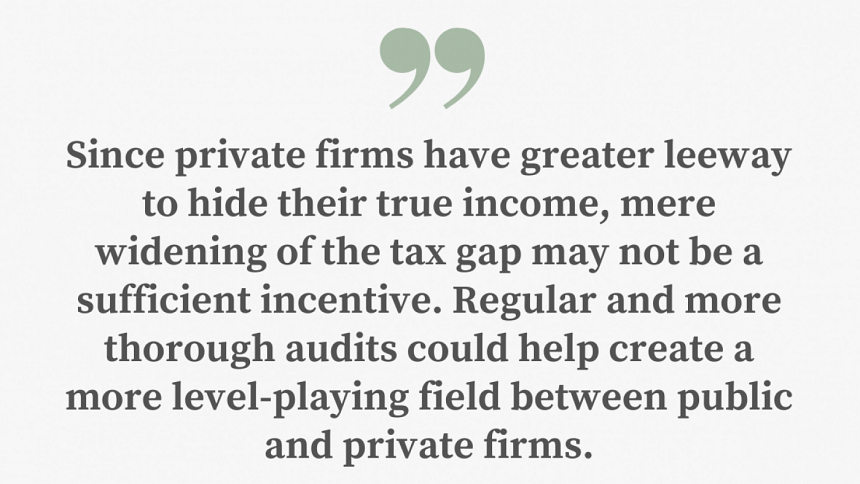
One must wonder if regulators are too busy focusing on short-term remedies, rather than bringing in long-run improvement. Take, for example, the initiative to reintroduce price floors in 2022. Regulators could argue this prevented naive investors from buying undervalued stocks. But there were unintended consequences. The artificial price floor created a huge mismatch between buyers and sellers of stocks, ultimately drying up market liquidity. This is a cost that should not be underestimated. A persistent reduction in stock trading activity can translate to lower economic consumption, to the extent that it creates a binding financial constraint for a household. These effects are likely to be more pronounced for relatively lower-income families.
Rather than focusing on these temporary initiatives, regulators should focus on changes that will reduce the stock market-real economy "disconnect." The biggest factor behind the disconnect is that the largest companies with stable profitability refuse to come to the market. Large and mature companies with a track record of generating high cash flows will stabilise the market, raise confidence, attract more foreign capital, and allow institutional asset managers to flourish. Over the years, economists and analysts observing the market have repeatedly called on regulators to bring large multinational companies (MNCs) such as Nestle, Unilever, Chevron and MetLife to the market. These firms have been utilising our low-cost resources for many years and paying themselves exorbitant dividends without sharing this wealth with ordinary citizens. Only when they share their profits with the common people by going public will economic prosperity occur more broadly.
Unfortunately, as things stand now, MNCs are more likely to generate, rather than reduce, income inequality in Bangladesh.
Intriguingly, some of these same MNCs are listed in equity markets of other countries such as India. So how are the incentives offered by other countries different? An obvious strategy is to expand the tax-differential relative to private firms. The existing tax gap stands at only 7.5 percent, which is not nearly enough to encourage private firms, given that there are additional costs of going under public scrutiny. On top of that, MNCs likely have good long-term relationships with domestic banks, further reducing their need to enter the equity market.
Finally, I suspect an additional reason has to do with financial reporting. Since private firms have greater leeway to hide their true income, mere widening of the tax gap may not be a sufficient incentive. Regular and more thorough audits could help create a more level-playing field between public and private firms.
Another key reason behind the stock market-real economy disconnect is the dearth of institutional investors, such as mutual funds. The size of the mutual fund sector in Bangladesh is less than one percent of our GDP. Mutual funds are an important source of financial intermediation, which provides households with access to a diversified portfolio of stocks at low cost. In the US, for example, households often invest their retirement money in mutual funds. In fact, mutual funds can serve as a vital source of financial inclusion by giving relatively less experienced and lower-income households access to public equities that are managed by professionals. Greater presence of professional fund managers will reduce the importance of "rumour-based" trading, and bring greater harmony between real economic conditions and equity prices.
Regulators in Bangladesh should take notes from best practices around the globe to help develop this sector further, particularly in terms of the ease with which new funds can be opened, simplifying existing rules, and providing fund managers greater discretion in their investment decisions.
A vibrant financial sector requires both banks and a stock market to efficiently intermediate capital and accelerate financial inclusion. Unless policymakers address these structural issues, the stock market-real economy disconnect will become a perennial problem. Ultimately, ordinary citizens pay the price of an undeveloped stock market.
Dr Sharjil Haque is an economist based in Washington DC. Views expressed in this article are his own and do not necessarily reflect the views of any institution he is affiliated with.

 For all latest news, follow The Daily Star's Google News channel.
For all latest news, follow The Daily Star's Google News channel. 
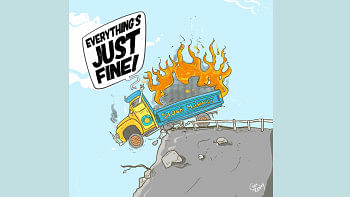


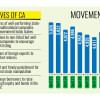
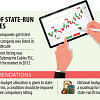




Comments